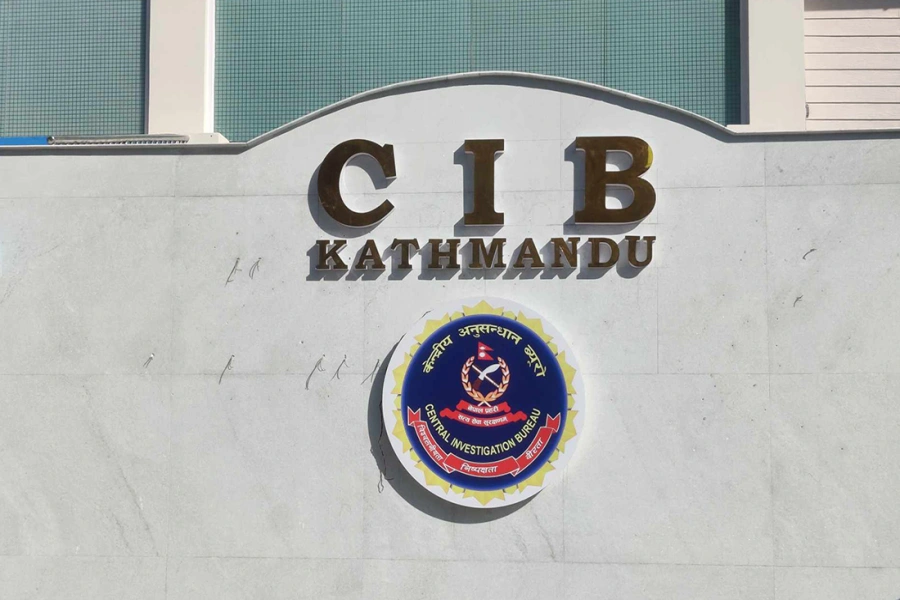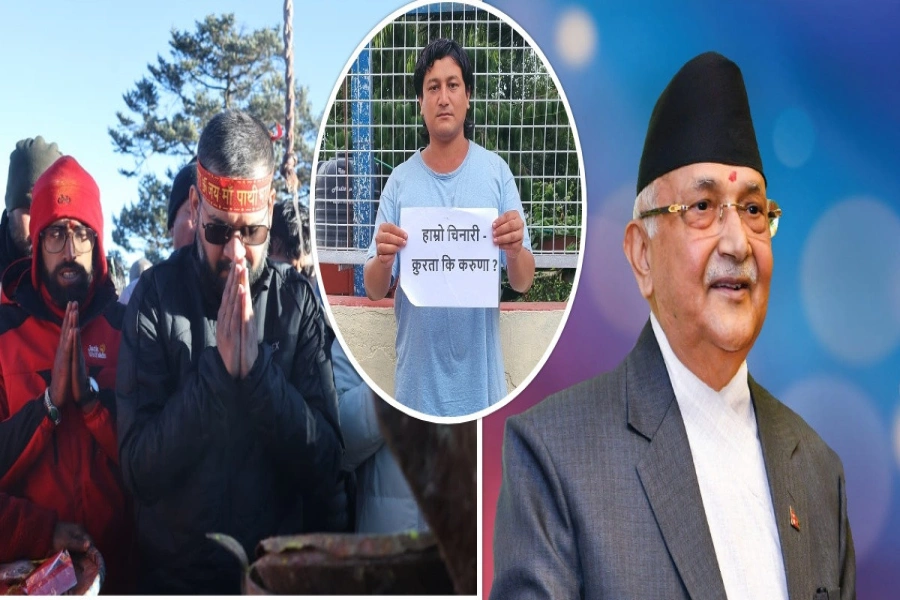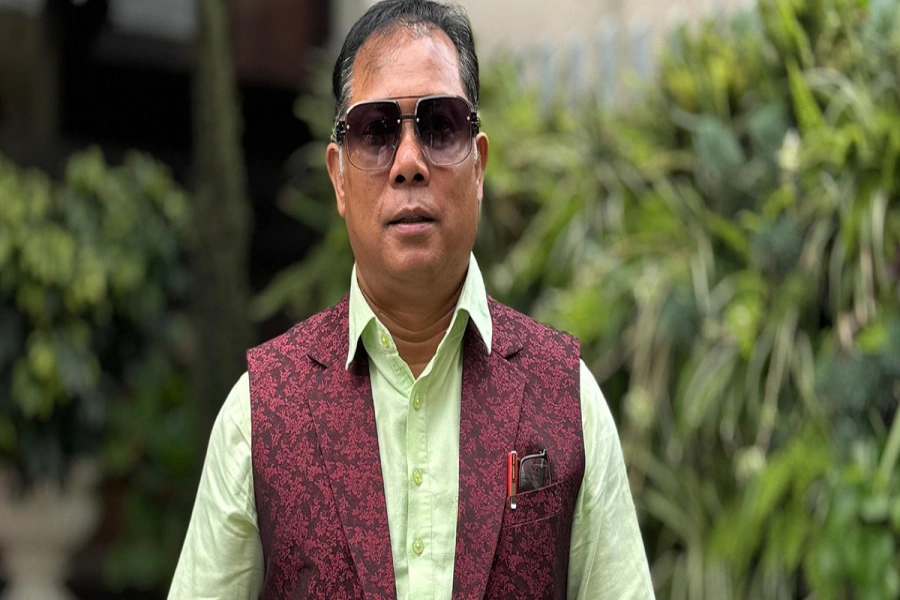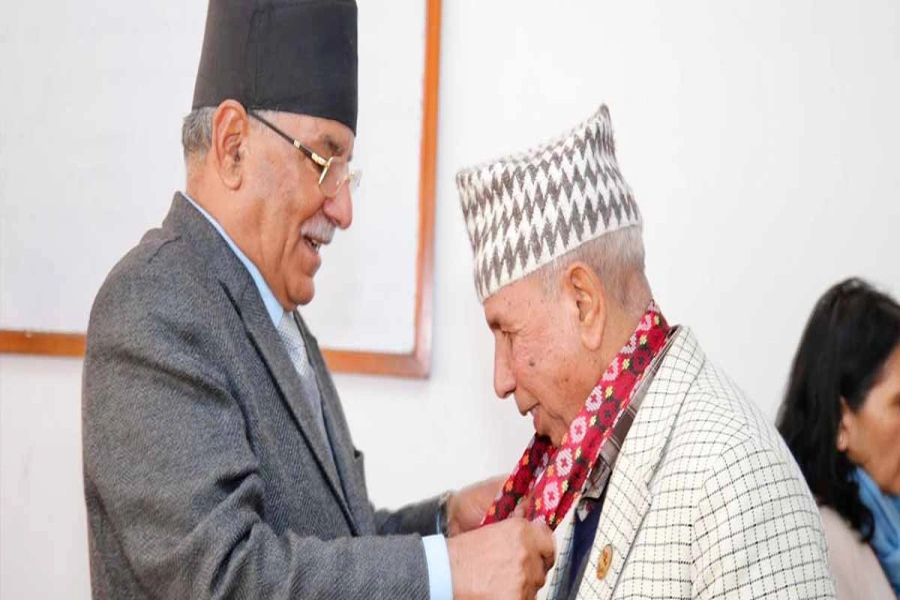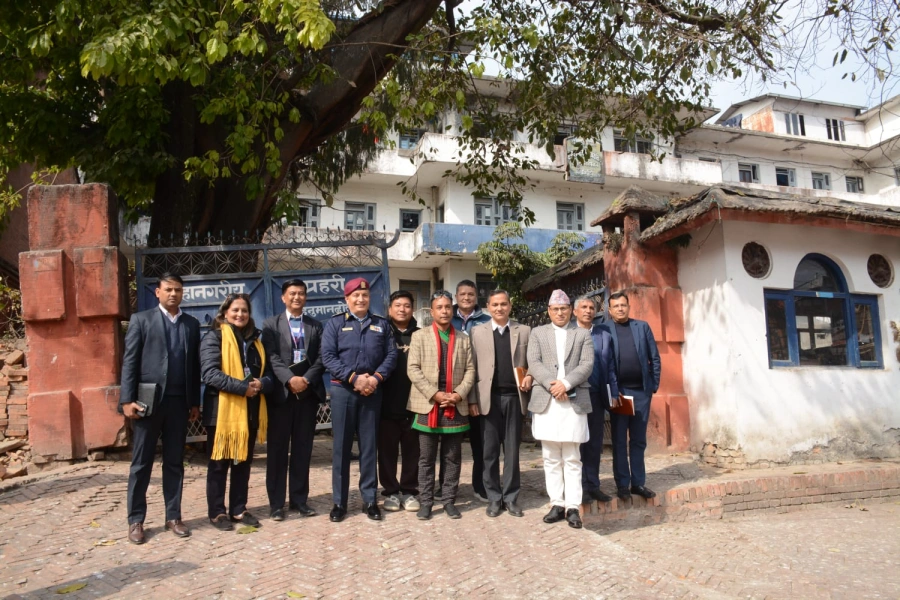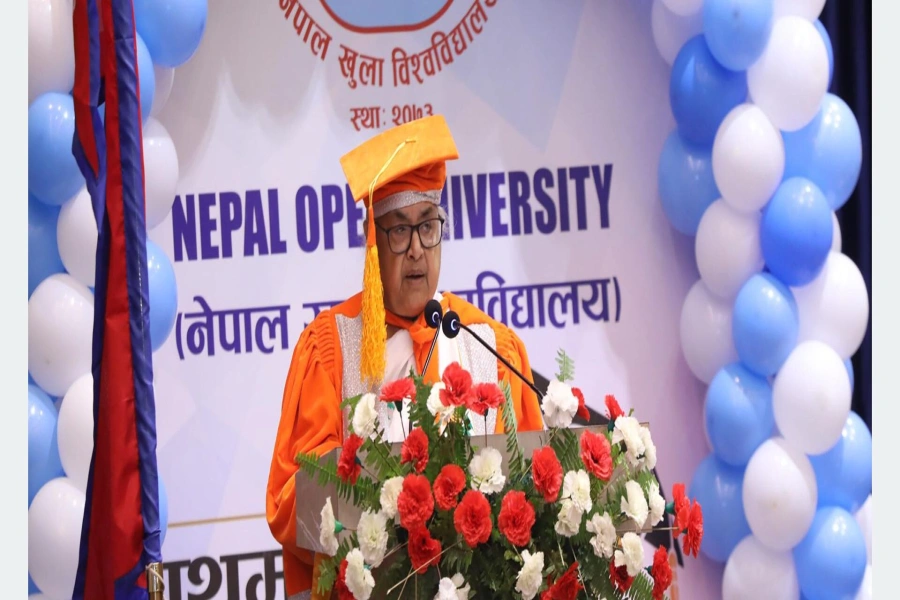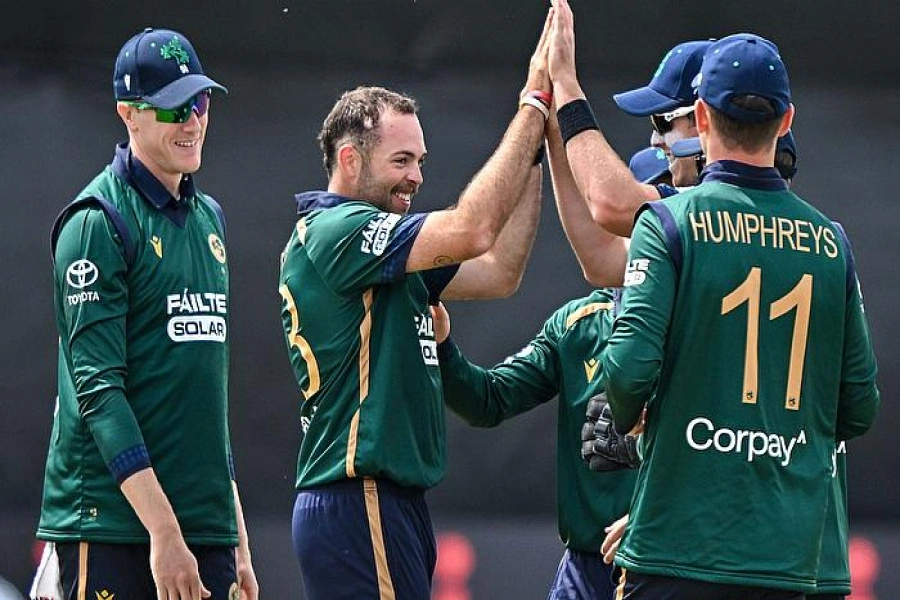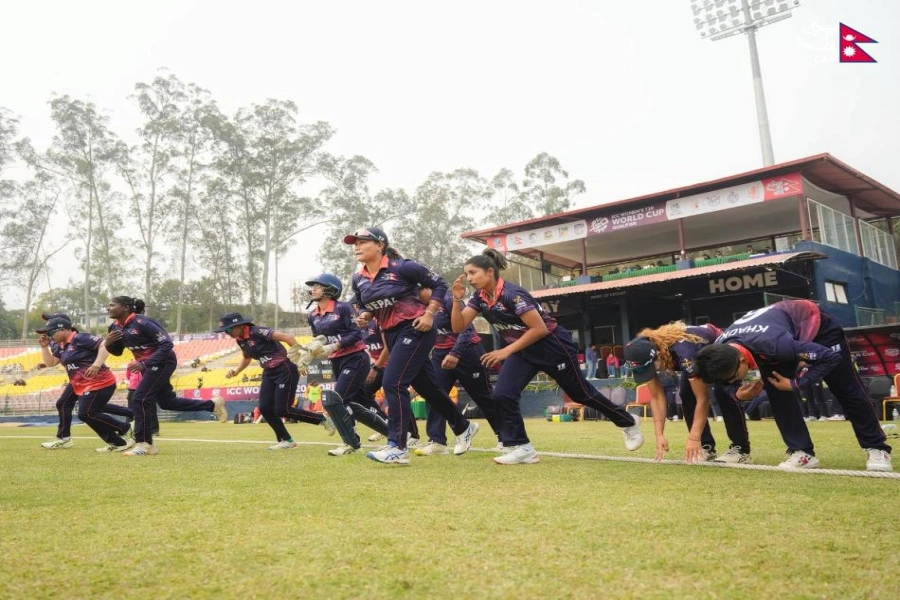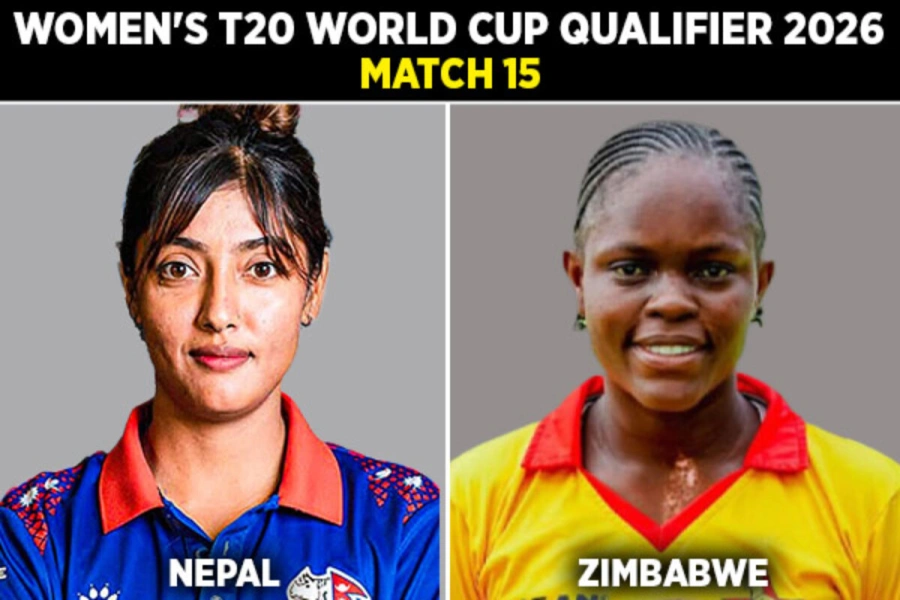KATHMANDU, Oct 16: Almost 11 years after the insurgency era, the victims have yet to receive justice for the heinous crimes conducted against their family members. Justice is scarcer for women who lost their spouses and feeding hands of the family in the insurgency.
Women from different districts, who lost their family members during the conflict, gathered for ‘Women's Peace Table 2017’ at Yak Party Palace Pulchowk, Lalitpur, on Sunday to discuss and question the progress on justice. The event was organized by Nagarik Aawaz in coordination with PeaceWomen Across The Globe.
A panel comprising representative from Truth and Reconciliation Commission Parshuram Dahal, Nagrik Aawaz Trustee Member Sobha Basnet and Commission of Investigation on Enforced Disappeared Persons Secretary Nirpa Dhwoj Niroula discussed the need and ways to make the investigation more gender-friendly.
They also shared their stories, pains and challenges they’d faced while interrogating and waiting for justice all these years.
Conflict victims threaten to ask UN to intervene in TJ process

“There are times when all our initiatives seem fruitless, yet we have not stopped trying to improve the lives of displaced women. Issues discussed here would be tabled in the UN convention, in Geneva too,” said Basnet while addressing the event.
Rephrasing the same, Shova Dahal a representative from Province 1, urged the government and stakeholders to shorten the investigation process and give the conflict victims justice as soon as possible.
“The TRC's credibility and accountability have been questioned many times as justice is delayed. And justice delayed is justice denied. We don’t expect much but those who reach the council should be handled carefully. There have been times that these victims reported that they were handled in a rude and insensitive manner. We urge for the process to be more flexible and that these victims be offered privileges such as stipends or accommodation facilities,” Dahal added.
Accepting the accusation of not being able to deliver justice on time, Niroula said the cases on hand would not be solved even in January 2018, when the extended tenure expires. He informed they have asked for extension and underlined that the rules under The Enforced Disappearances Enquiry, Truth and Reconciliation Commission Act, 2071 (2014) now cannot deliver justice to the cases that happened two decades ago and said has urged for reforms to better the result.
When asked if the progress was stalled because they lacked resources, Niroula said, “There is no problem in terms of funds and human resources, but what we lack is coordination and commitment from stakeholders.”
He also said the insurgency era cases will be handled in two major stages where one, the victims after investigation would receive compensation in forms of monetary fund, apology and vocational trainings, among others and two, the convicts would be punished for their crimes.
Regarding the investigation, Niroula informed that they give an option for confidentiality to the applicants, training on how to conduct gender-friendly investigation and a chance for the accused to share their side of the story for fair and just conduct. He also informed experts of psychological consultation for the victims would soon be appointed for more sensitive conduct.
He promised better handling of such cases to understand the stories better with more time dedication, softer language, maintaining confidentiality when asked, proper identity cards and achieving of the data.
More than 60,000 cases on the issue have been lodged so far. Among which, Niroula said, 3,093 cases were selected to be solved while 329 cases are being dealt by TRC and 288 cases have been dropped, 1,452 cases are being considered for detailed investigation and primary investigation is going on for 973 cases.
Cases in TRC are being dealt by nine of the committees that have been formed for the investigation in seven provinces. Niroula, who also heads one of these committees, said team members will be mobilized where needed for further investigation and record of statements from those who are hesitant and unable to come to the council for investigation.



